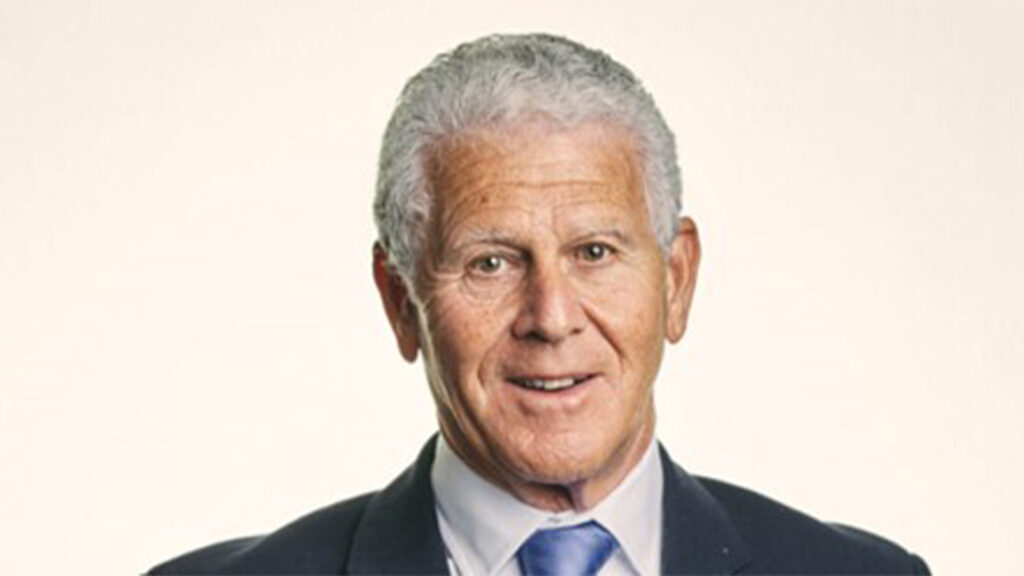Reaching the top as a successful leader
Richard Hilton, MD EMEA at Miller Heiman Group

As yet another major shake-up appears on the horizon of the British political landscape, leadership and the qualities required to reach the top have understandably shifted to the forefront of the public consciousness. In the world of business, we tend to know an effective leader when we see one, but what exactly is it in their character and behaviour that has enabled them to rise through the ranks and flourish in their position of authority?
Leadership qualities can be elusive, and it’s not always easy to pinpoint what it is that marks someone out from the pack. People often over-intellectualise the notion of leadership and place too much focus and pressure on carving out a clear trajectory to top. Instead, aspiring leaders would do better to concentrate on inward reflection and uphold a simple but focused ethos towards one’s work and work relationships. Here are a few considerations drawing on my own experience:
Don’t showboat: While many people think they need to be constantly on the radar of the leadership team, this isn’t always the best way to get ahead. It’s not about being the loudest person in the room. Instead, you should be showcasing what you do well and, as they say, your reputation will take care of itself.
Balance emotional intelligence with pragmatism: A good leader is one that has empathy but doesn’t let it get in the way of doing what needs to be done: setting out clear instructions and expectations for team members. Balancing assertiveness with ensuring that colleagues feel emotionally supported can be a delicate art. It’s essential to know how your team members tick; understanding what drives them and how to then best communicate and motivate them accordingly.
Have humility: While, for many, confidence and leadership go hand in hand – and they often do –
individuals should make sure to keep their ego in check. As the saying goes, you should never be ‘a legend in your own lunch hour’ – do your job to the best of your ability, stay professional and let your success speak for itself. The inability to stay grounded will warp your perspective on things and ultimately could cause your work to suffer.
Give team members space: Any good leader should always have a ‘leading by example’ mantra for instilling a top-down work ethos. However, this should not be a call for employees to play copycat. Leading is not about producing ‘mini mes’ – workers should be allowed to breathe and be who they are. Successful teams thrive on diversity of views and methodology, therefore respecting an individual and allowing them to play to their strengths is vital for the success of everyone. You should never assume that your particular approach will work best for everyone. It’s about inspiration, not suffocation.
Roll with the punches: It’s pretty rare to go through your working life without experiencing a career low. There will likely be a point, or even several, where you’ve been knocked back. It could be that you’ve just landed the job of your dreams but when you get there, the nirvana role you were sold is really all smoke and mirrors – and resigning is the only option. Or, it could be that you lose out on a big promotion opportunity to a colleague. Regardless of the setback, it’s key to not lose faith. Remember: dust yourself down, rebuild your confidence and focus on what’s next.
Know your business: The more a person can understand the business, the better they are at their job and the easier it becomes to be noticed by your peers and the people in charge of career progression. It’s therefore vital to understand aspects of the company beyond your core role such as the impact of brand, profit and loss, and employee engagement. A true leader is one who goes above and beyond in living and breathing the values of their organisation.
Never stop working on yourself: As we see across the board, not just in business but also from great sports people or entertainers, it’s important to keep developing your skillset to get to the top of your game. Never presume that you’re at your best. There is always room for further personal development and there is never nothing left to learn. This is especially true when the rules of the game are constantly changing due to myriad factors, whether they be technological, economic or social.
Rising to the position of leader and performing the role successfully requires the ability to prioritise where to expend your energy. You should never lose sight of the ultimate goal of always delivering to the best of your ability and upholding the utmost respect for colleagues.
Richard Hilton is the MD EMEA of Miller Heiman Group, the leader in sales training, technology, consulting and research.







